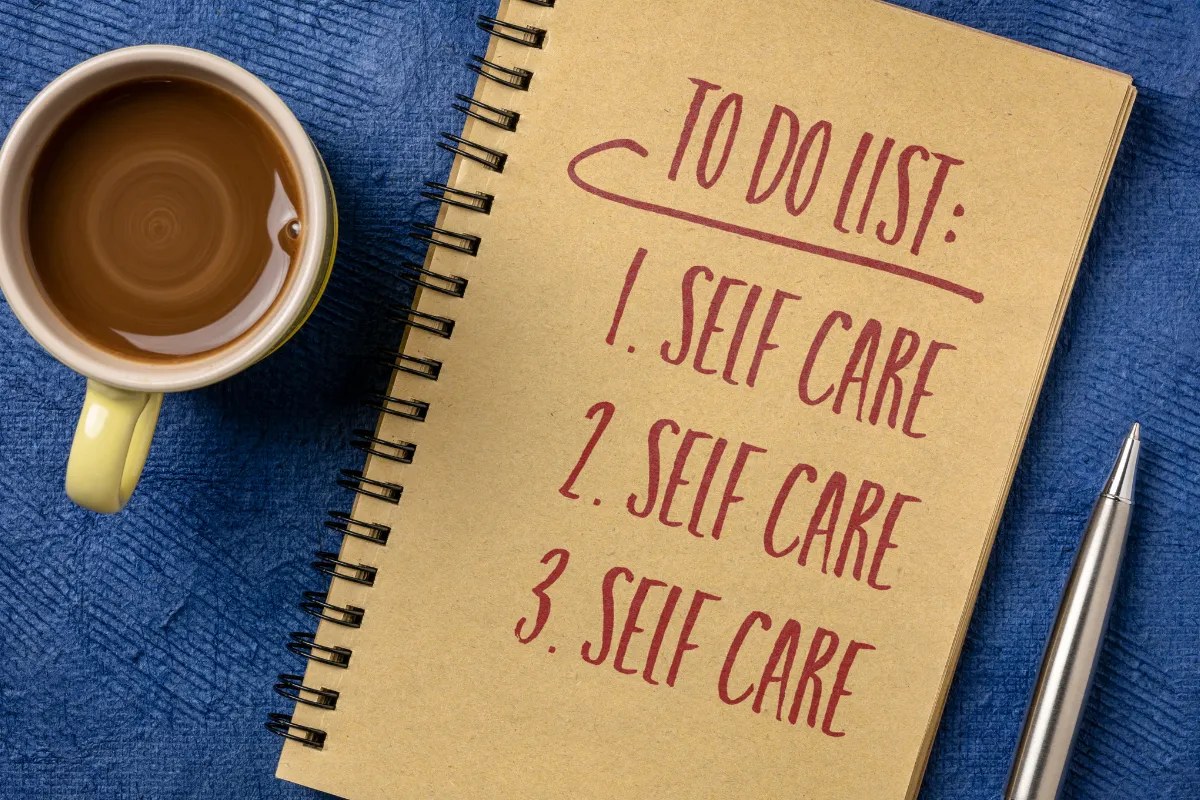📑FHS Mini Article
What to Expect
In this article, we highlight the importance of self-care in shared housing and provide practical strategies to balance personal well-being with household responsibilities. From setting boundaries to establishing routines and fostering open communication, these tips support both individual needs and collective harmony. Residents who practice self-care create a stronger, healthier, and more positive shared living environment.
Prioritizing Self-Care in Shared Housing: Tips for Balancing Personal Needs and Shared Responsibilities
Living in shared housing offers both opportunities and challenges. While it creates an affordable, community-oriented living environment, it also requires individuals to balance their personal well-being with shared responsibilities. At Future Hope Solutions (FHS), we believe that prioritizing self-care is key to creating a safe, supportive, and harmonious home. In this article, we explain practical ways residents can maintain their personal wellness while contributing to the shared household.

Understand Your Personal Needs
Start by identifying the routines and practices that help you stay balanced—whether that’s quiet time, exercise, reading, or creative outlets. Recognizing what you need to feel your best makes it easier to protect your well-being in a shared environment.

Communicate Your Self-Care Requirements
Clear and respectful communication is essential in shared living. Let your housemates know about your needs and listen to theirs. Setting aside quiet time, agreeing on schedules, and respecting personal space can help everyone thrive.

Establish a Self-Care Routine
A consistent routine ensures you don’t lose sight of your own needs. Whether it’s morning walks, journaling, or relaxation time, set aside regular moments for yourself, even while managing shared responsibilities.

Set Healthy Boundaries
Boundaries are vital in shared living. This could mean agreeing on quiet hours, respecting privacy, or setting rules for common spaces. Clear boundaries create mutual respect and reduce unnecessary conflicts.

Practice Open Communication
Regular check-ins with housemates help address concerns before they become bigger issues. Open conversations foster understanding and strengthen the household community.

Share Responsibilities Fairly
A fair approach to chores and responsibilities benefits everyone. Use a rotating schedule or assign roles based on strengths to keep the home running smoothly while giving each resident time for self-care.

Support Each Other
Shared housing works best when residents build a culture of support. Offer help when you can, and don’t be afraid to ask for assistance. Encouragement and teamwork create a healthier living environment.

Be Kind to Yourself
Living with others can be an adjustment. Remember that it’s okay to prioritize your well-being without guilt. Self-care benefits both you and the entire household.

Adjust as Needed
Life circumstances change, and so will your self-care needs. Revisit your balance between personal wellness and shared duties often, and make adjustments when necessary.

Final Thoughts
At FHS, we encourage all residents to see self-care as part of successful shared living. By maintaining balance, communicating openly, and supporting one another, you create not only a positive home environment but also a stronger foundation for your future.

FAQs About Self-Care in Shared Housing
1. Why is self-care important in shared housing?
Self-care helps you stay balanced, healthy, and less stressed, which creates a more positive environment for both you and your housemates.
2. How do I talk to housemates about my self-care needs?
Be open, respectful, and specific. For example, you might say, “I need quiet time in the evenings to recharge—can we agree on quiet hours?”
3. What if my housemates don’t respect my boundaries?
Start with calm communication, then revisit house rules if necessary. If the issue continues, speak with the housing manager to help resolve the conflict.
4. How do chores and responsibilities affect self-care?
When tasks are shared fairly, no one feels overwhelmed. A clear system for chores helps free up time and energy for personal wellness.
5. Can shared housing actually support self-care?
Yes—living with others provides built-in support, accountability, and community, all of which can encourage healthier habits and reduce isolation.
👉 Ready to learn more?
Fill out the short form or call us now at 810-207-6332
Legal Disclaimer
Future Hope Solutions LLC (“FHS”) provides housing management only and does not offer or guarantee third-party services such as medical care, counseling, case management, or employment assistance. Any referrals to outside programs are for informational purposes only, and FHS is not responsible for the actions or outcomes of third-party providers. By engaging with FHS, all clients and partners acknowledge that FHS’s role is limited to housing and assumes no liability beyond that scope.
Note: Properties are viewed in person by referral partners and by video walkthrough for potential clients.
